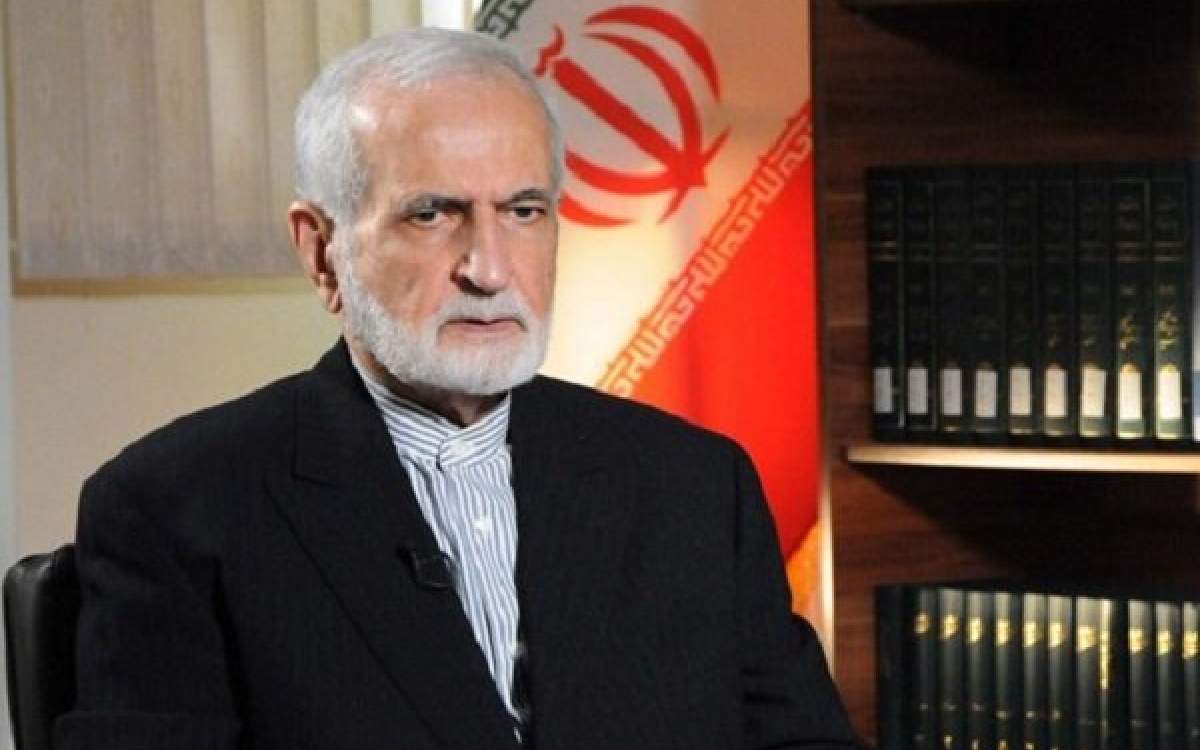The Iran Project
: Iran does not want a large-scale war in the region, but in case of an attack on Lebanon, it will defend Hezbollah with all might, Head of Iran’s Strategic Council on Foreign Relations Kamal Kharrazi said.
Tuesday 2 July 2024 - 17:44
Story Code : 424196
Source : Mehr News
Iran to back Hezbollah, change nuclear strategy if needed
He told the Financial Times that the Islamic Republic was “not interested” in a regional war and urged the US to put pressure on Israel to prevent further escalation.
When asked if Iran would support Hezbollah in the event of a full-blown conflict, Kharrazi said, “All Lebanese people, Arab countries and members of the Axis of Resistance will support Lebanon against Israel.”
“There would be a chance of expansion of the war to the whole region, in which all countries including Iran would become engaged,” he said in the interview. “In that situation, we would have no choice, but to support Hezbollah by all means.”
He added, “The expansion of war is not in the interest of anyone — not Iran or the US.”
Regarding the Iranian presidential elections and the country's foreign policy, Kharrazi said that while there are “some differences” between the approach of the candidates, "the overall foreign policy strategy" was determined by Leader of the Islamic Revolution Ayatollah Seyyed Ali Khamenei and would remain the same.
“If they (Western countries) decide to cooperate, we are ready for cooperation”, Kharrazi added.
The Islamic Republic would be willing to hold indirect negotiations with Washington about Tehran’s nuclear program under a new government, if it would lead to the US rejoining the 2015 accord Iran signed with world powers, officially known as the Joint Comprehensive Plan of Action (JCPOA), he said.
“We are not for building nuclear weapons,” Kharrazi said, citing a fatwa issued by Ayatollah Khamenei in 2003 banning the development of the arms, adding that if Iran faced an existential threat, “naturally we [would] have to change our doctrine”.
He said that if the West triggered “snapback” provisions to reimpose UN sanctions lifted when Tehran signed the JCPOA, in response to Iran’s continued expansion of its program, “there would be a severe reaction from Iran in terms of changing its nuclear strategy”.
“Up to now, we have not decided to go further than 60 percent enrichment,” he said. “But we have been trying to expand our experience by using different machines and different set-ups.”
Regarding the war between Russia and Ukraine, Kharrazi insisted Tehran was neutral in the conflict and added that Iran sold drones to Russia prior to the war.
When asked about Western concerns that Iran could sell missiles to Moscow, he said, “There have been such accusations, but it is not true.” However, he said, there was “no obstacle between Iran and Russia for arms deals”, adding that Tehran was in negotiations to buy Russian fighter jets.
“We are due to sign a comprehensive strategic agreement with them in the near future,” Kharrazi said.
Reporter : Editorial of The Iran Project
# Tags











